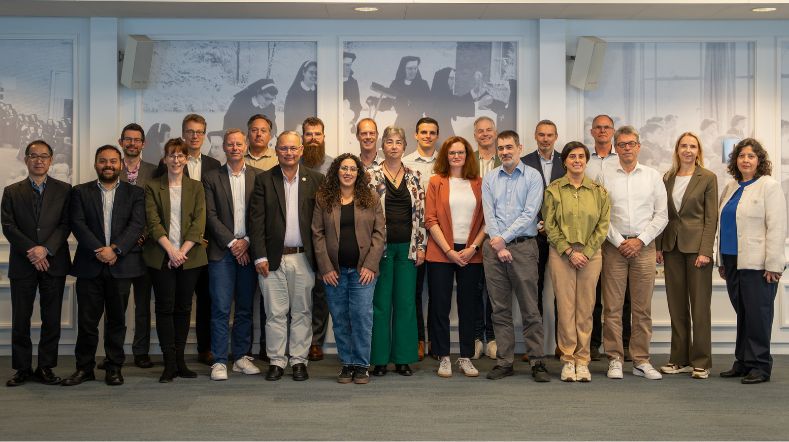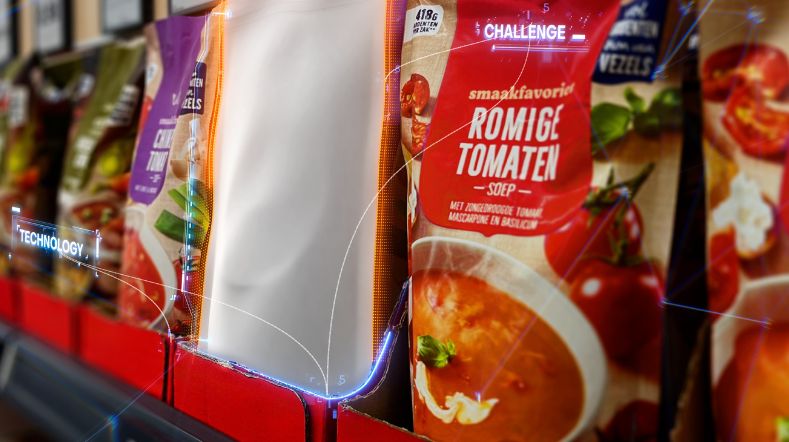
Biobased materials
Plastics and polymers contain essential components that give them the properties they need to perform. Currently, the vast majority of these components are fossil-based and not sustainable: their production emits an enormous amount of CO2. Furthermore, many of the applications in which these components are used make them unsuitable, or even impossible, to recycle. TNO transforms these challenges into opportunities – developing breakthrough biobased solutions that outperform their fossil predecessors.
From challenge to competitive edge
Comfortable textiles. Durable pet toys. High-gloss coatings. Strong PVC pipes. Across countless applications, products rely on chemical building blocks – e.g., in their structure or as an additive in their formulation – for their performance.
However, companies face a critical question: how can they replace fossil-based chemicals with biobased alternatives without compromising quality, efficacy, or scalability? The answer lies in reaching beyond simple replacement.
Biobased alternatives and polymers
TNO supports efforts to develop circular and sustainable plastics at every stage of development. We help to identify the best route to sustainable, biobased alternatives and uncover novel polymer compositions.
We develop, test, and produce sample quantities of biobased materials that our partners can test, and engage our network to support scalability. We also enable the technologies and processes that assess the retained quality of polymers after recycling. We apply our expertise, facilities, and network to accelerate the entire value chain’s transition to 100% circular plastics.
Partnerships are key to a successful material transition and a future of 100% sustainable plastics and polymers. Through shared research programmes (SRP), TNO mobilises our strong partner network to make greater strides in the transition.
In the Biorizon SRP, TNO partners with Flemish research organisation VITO to enable the development of industry-ready, biobased building blocks for a wide range of applications. Read more about Biorizon.
Challenge-centred approach
Each chemical building block is unique and must fulfil a specific set of parameters. TNO works along the entire plastics value chain to research, develop, test, and scale-up biobased monomers and additives that meet our partners’ exacting standards for sustainability and performance. The more challenging those parameters are, the greater our impact.
With decades of expertise, cutting-edge technology, and an extensive network of partners, we stand ready to replace all fossil-based chemical building blocks with sustainable and competitive bio-alternatives.
While we actively pursue biobased drop-ins to replace current fossil-based feedstock, we also encourage our partners to think beyond simple replacements. We work on near drop-in and novel alternatives that offer enhanced performance.
When companies provide us with specific requirements for the targeted materials, TNO can develop solutions with the potential to give our partners a clear competitive advantage. Want your coating to be more sustainable and durable, your plasticisers to be high performing and biodegradable, or your packaging to be stronger and less brittle? Together, we can make it happen.
Textiles of biobased alternatives
Choosing sustainable textile materials is a complex task, with numerous biobased alternatives under development. TNO supports companies with a structured approach to selecting the right materials, such as polymers derived from plant-based sugars or captured CO₂. Together, we enable textile applications that are both circular and technically advanced.
In partnership with Belgium’s Centexbel, Germany’s DITF, and 13 other international partners, TNO took part in a Horizon 2020 initiative to develop biobased textiles. Through HEREWEAR, we proved the feasibility of locally produced, circular, biobased alternatives to cotton and polyester – contributing to an entirely new value chain and a viable production stream for the highly pollutant and unsustainable fashion industry.
Application-based solutions
We have extensive expertise in biobased chemistry targeting both drop-in and novel alternatives for today’s petrochemical building blocks. For example, starting from residual sugars, the byproduct of bio-refineries, we have developed different platform technologies to produce biobased aromatic and aliphatic chemical building blocks for applications such as polyesters, surfactants*, coatings, adhesives and plasticisers**. We focus on developing efficient and scalable processes that deliver industrially relevant products.
We always advise our clients about the best possible approach for their objectives, and aim for the most sustainable processes possible. Whether you seek surfactants that degrade more swiftly, fibres that release significantly less microplastic, or plasticisers that increase strength, durability, or flexibility, we’ll develop the process and the biobased building blocks you need to achieve market leadership and environmental responsibility.
*surfactants reduce surface tension, allowing water to wet and penetrate surfaces it normally can’t, which enables cleaning by helping water mix with oils and lift away dirt.
**plasticisers embed between polymer chains, giving plastics their strength and flexibility and reducing brittleness.
Bring us your challenge
Whatever properties your materials must possess, or whatever challenges you aim to overcome, TNO stands ready to guide your path toward a biobased solution. Contact us for more information. We are ready to get started.
Get inspired
New routes for sorting and composite separation


CRM materials and processes


Progress in circular packaging for soups and sauces


Biobased plasticisers: from compliance to competitive edge


Microplastics in clothing



